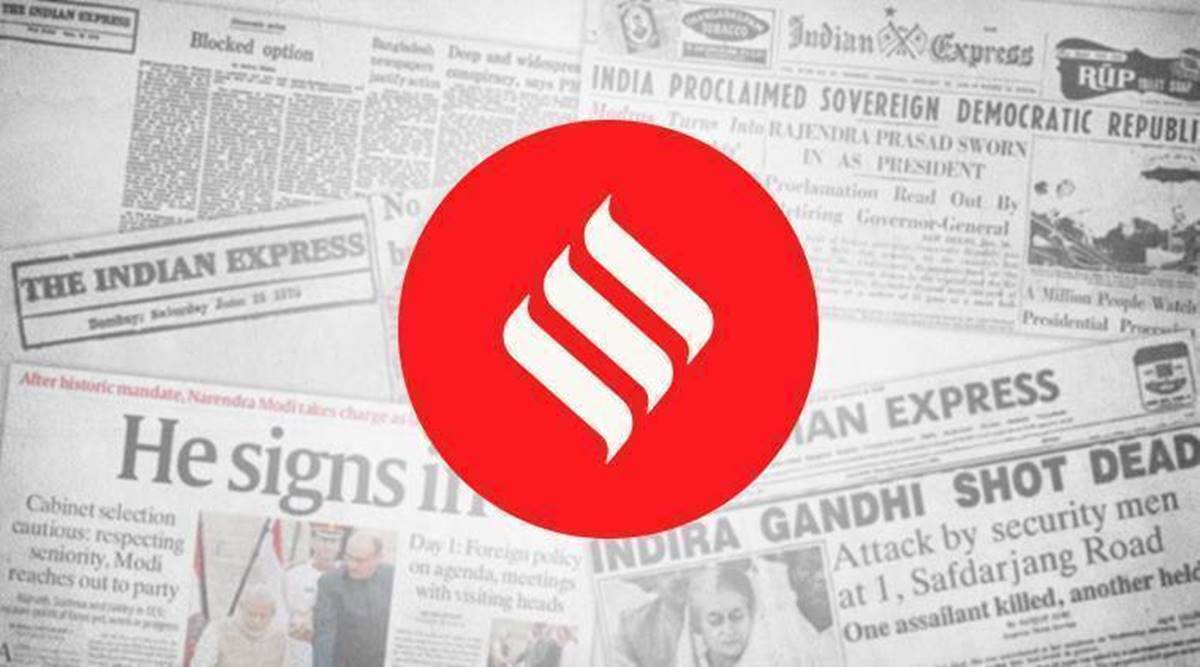 India’s vaccination drive against COVID-19, targeting 3 crore healthcare personnel and frontline workers, will commence from January 16.
India’s vaccination drive against COVID-19, targeting 3 crore healthcare personnel and frontline workers, will commence from January 16. Madhavsinh Solanki, the four-time Gujarat chief minister who passed away aged 93 on Saturday, was a politician and a man of ideas. The social coalition he invented in the 1970s — KHAM — allowed the Congress to regain the ground it had lost during the Navnirman Movement and win consecutive elections in 1980 and 1985, with a record number of seats. The KHAM alliance included the Kshatriya, Harijan, Adivasi and Muslim communities, which constituted over 50 per cent of the state’s population. As CM, Solanki backed this coalition by introducing reservations for OBCs in education and employment. However, it triggered a backlash from the upper castes, who had until then operated the levers of power in Gujarat. Though Solanki returned to office with a larger majority in 1985, he had to resign following anti-reservation riots that acquired a communal turn. The Congress could neither consolidate the social coalition Solanki had forged or translate the goodwill among the OBCs, tribals etc. into a lasting electoral base. In fact, his leaving state politics to become a Rajya Sabha member and the External Affairs Minister in P V Narasimha Rao’s cabinet allowed the BJP to grow in Gujarat — of course, on the back of the Ram Janmabhoomi Movement.
Schooled in M N Roy’s Radical Humanism and influenced by peasant leader Indulal Yagnik, Solanki stood apart from his Congress contemporaries. As CM, he introduced mid-day meals in schools and made education free for girls. For him, KHAM was not just an electoral tactic but the extension of a social vision that promised the fruits of democracy and electoral office to a wide section of the society. He is credited with shaping the Congress response to the Mandal Commission after the VP Singh government announced its implementation in 1990 — the party backed OBC reservations at the Centre but argued for the exclusion of the creamy layer among the beneficiary communities from Mandal’s remit.
Solanki’s political career ended following an act of impropriety undertaken, allegedly on the orders of his party, in the Bofors case while he was a Union minister. Forced to quit office, he retired from active politics and retreated to his home and library.